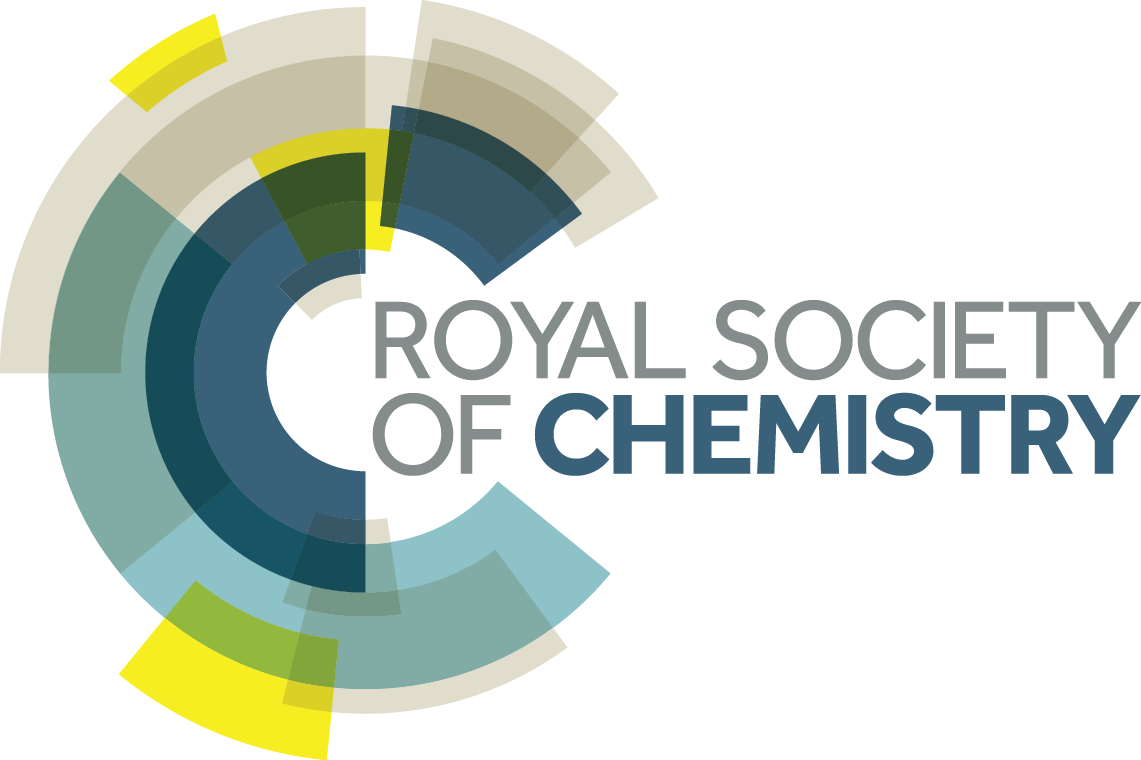Tackling global challenges is vital to improve human living and, in many cases, save countless lives. Addressing these challenges will require galvanizing efforts across economic, political and social spheres. However, the chemical sciences also have a significant part to play in tackling climate change, feeding a growing global population, ensuring we have clean air and water and many other societal challenges.
The Royal Society of Chemistry is committed to helping the chemical sciences maximize their contributions in tackling global challenges. We endeavor to foster new interdisciplinary research networks, as well as working with the chemistry community to identify emerging areas of research and acting as advocates for making progress within them.
The main aim of this forum is to provide an opportunity for scientists to acquire an insight into chemistry solutions to global challenges and to be inspired by innovative and thought provoking ideas from top researchers in China.
This first forum in 2016 will focus on materials. Our eminent speakers will present their views on how materials chemistry can contribute to solving societal issues and help create a sustainable world.
The following are some of the global challenges areas that we are currently prioritizing:
1. Air
The quality of air we breathe is vital for our health and environment. Chemical scientists have an important role to play in reducing air pollution, as well as in helping us to understand and monitor it. A detailed understanding of pollutants and their chemistry is important for interpreting health effects, regulating emissions, and developing pollution-reducing technologies.
2. Climate change
The earth’s climate is changing and it is clear that human activities are the predominant cause. Chemists and chemical engineers contribute in a variety of ways, such as improving our understanding of atmospheric and ocean chemistry, investigating the consequences of climate change, developing new energy and carbon mitigation solutions, and helping crops to tolerate the changing conditions.
3. Energy
As the world moves towards a sustainable energy future, chemistry will have a role to play in harnessing environmentally sustainable energy supplies, and improving efficiency of power generation, transmission and usage.
4. Food
We will need to improve our agricultural processes if we are to feed a growing global population. The chemical sciences will play a key role by developing new products to protect crops from pests and diseases, improving our understanding of soil so that we can better use this valuable resource; improving the efficiency with which plants receive vital nutrients.
5. Health
There are many challenges in human health - from combating infectious diseases to supporting healthy aging. Chemical scientists will help to improve global healthcare by improving our understanding of the mechanisms of underlying disease, developing better means of diagnosis and optimizing drug discovery and development.
6. Water
Water is essential for life – not just for drinking but also for agriculture, sanitation and industrial usages. The chemical sciences can help by developing new methods for water treatment, new materials for applications such as purification membranes and pipework and by using analytical chemistry to create ways to rapidly test water quality
The Royal Society of Chemistry is committed to helping the chemical sciences maximize their contributions in tackling global challenges. We endeavor to foster new interdisciplinary research networks, as well as working with the chemistry community to identify emerging areas of research and acting as advocates for making progress within them.
The main aim of this forum is to provide an opportunity for scientists to acquire an insight into chemistry solutions to global challenges and to be inspired by innovative and thought provoking ideas from top researchers in China.
This first forum in 2016 will focus on materials. Our eminent speakers will present their views on how materials chemistry can contribute to solving societal issues and help create a sustainable world.
The following are some of the global challenges areas that we are currently prioritizing:
1. Air
The quality of air we breathe is vital for our health and environment. Chemical scientists have an important role to play in reducing air pollution, as well as in helping us to understand and monitor it. A detailed understanding of pollutants and their chemistry is important for interpreting health effects, regulating emissions, and developing pollution-reducing technologies.
2. Climate change
The earth’s climate is changing and it is clear that human activities are the predominant cause. Chemists and chemical engineers contribute in a variety of ways, such as improving our understanding of atmospheric and ocean chemistry, investigating the consequences of climate change, developing new energy and carbon mitigation solutions, and helping crops to tolerate the changing conditions.
3. Energy
As the world moves towards a sustainable energy future, chemistry will have a role to play in harnessing environmentally sustainable energy supplies, and improving efficiency of power generation, transmission and usage.
4. Food
We will need to improve our agricultural processes if we are to feed a growing global population. The chemical sciences will play a key role by developing new products to protect crops from pests and diseases, improving our understanding of soil so that we can better use this valuable resource; improving the efficiency with which plants receive vital nutrients.
5. Health
There are many challenges in human health - from combating infectious diseases to supporting healthy aging. Chemical scientists will help to improve global healthcare by improving our understanding of the mechanisms of underlying disease, developing better means of diagnosis and optimizing drug discovery and development.
6. Water
Water is essential for life – not just for drinking but also for agriculture, sanitation and industrial usages. The chemical sciences can help by developing new methods for water treatment, new materials for applications such as purification membranes and pipework and by using analytical chemistry to create ways to rapidly test water quality













